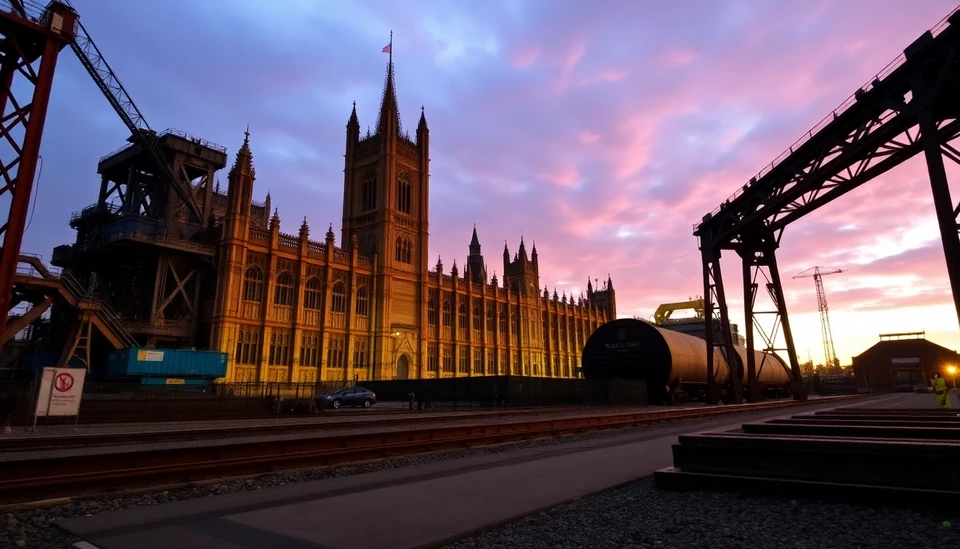
In a significant move that marks a departure from decades of privatization in the UK railway sector, the Labour Party has officially commenced the process of nationalizing three train services. This initiative is part of a broader policy aimed at reshaping the transportation landscape in the country and re-establishing public control over essential services.
The three train services selected for nationalization are significant players within the UK's rail network. By taking these services under public ownership, the Labour Party aims to improve efficiency, lower costs for commuters, and enhance overall service quality. This bold initiative is set against a backdrop of longstanding debates over the effectiveness of privatized rail services, which have faced criticism for high fares and inconsistent service.
The announcement comes as the Labour Party seeks to solidify its position as a champion of public services, particularly in the wake of rising living costs and growing dissatisfaction among commuters. Many passengers have expressed frustration with delayed trains and increased fares, making the case for public accountability within the rail system even more pressing.
The nationalization move reintroduces state ownership into the conversation about rail transport, which has been a hot topic in British politics. This policy decision resonates with a growing call for public services to prioritize consumer needs over profit margins, aiming to restore confidence in the railway system.
Labour's plans do not stop at these initial three services. Party officials have indicated that this is just the beginning of a more comprehensive strategy that could see further rail networks brought under public governance. This approach aligns with the party's vision of creating a more unified and accessible transportation system for all citizens, ensuring that travel remains affordable and reliable.
Opposition parties have responded to this announcement with skepticism, questioning the feasibility of such a large-scale nationalization effort. Critics argue that the challenges of effectively managing these services might outweigh the benefits of public ownership. However, Labour's supporters remain optimistic that this initiative will pave the way for improved infrastructure and user satisfaction across the board.
The public’s response to this initiative appears mixed but generally leans towards support, particularly among those discontent with the current state of rail services. Labour leaders believe that their commitment to nationalization will resonate well with voters in the upcoming elections, positioning them as defenders of public welfare in contrast to the privatization strategies of previous governments.
As discussions surrounding the future of the UK’s transport system continue, the emphasis on nationalization may herald a shift in how public services are viewed and managed. With the Labour Party taking bold steps toward re-establishing state control over essential sectors, the implications of this strategy could alter the political and economic landscape of the nation in the years to come.
In conclusion, the Labour Party's initiation of nationalization for three train services signals a bold return to public ownership, aiming to restore efficiency and affordability in the UK's railway system. This decisive action marks the beginning of a larger effort to transform public transportation and foster a renewed trust in essential services.
#Nationalization #LabourParty #UKTransport #PublicOwnership #RailServices #PoliticalNews #PublicServices
Author: Victoria Adams


